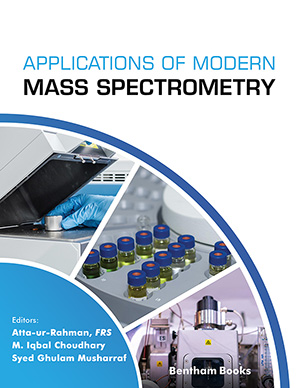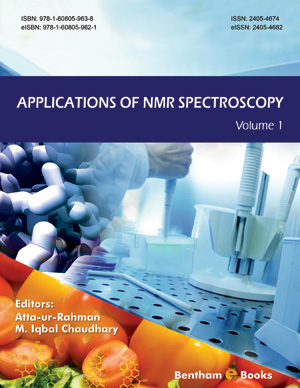Abstract
Sequential transformations have attracted much interest in recent years because they provide simple and efficient entry into complex compounds by including two or more steps in a single operation to increase the complexity of the substrate, starting from commercially available, relatively simple precursors. The new methodologies discussed in this review chapter are based on sequential transformations and possess high stereoselectivity. They include the synthetic utility of fluorinated β-keto-phosphonium salts, “one-pot” carbon-carbon double bond formation, ylide-ion formation resulting from nucleophilic addition, stereocontrolled olefination method, alkenylation based on elimination of triphenylarsine, reductive olefination mediated by Ti(O-i-Pr)4 and Ph3P and sequential transformation of organophosphorus compounds in organic synthesis. The newly discussed methodologies are, therefore, potentially useful in organic synthesis particularly in the medicinal and agricultural chemistry for the synthesis of biologically active compounds.






















